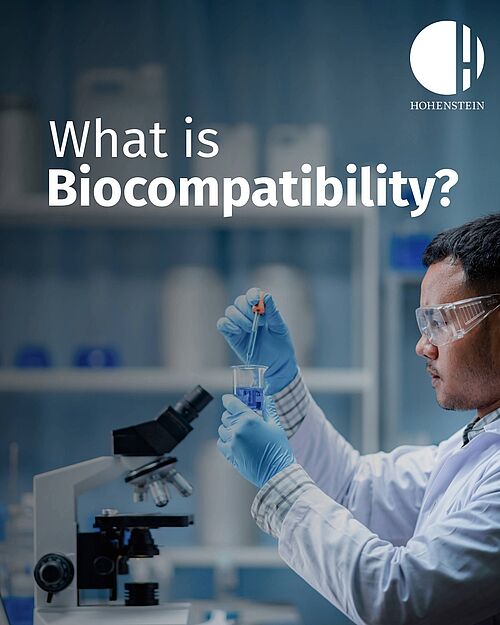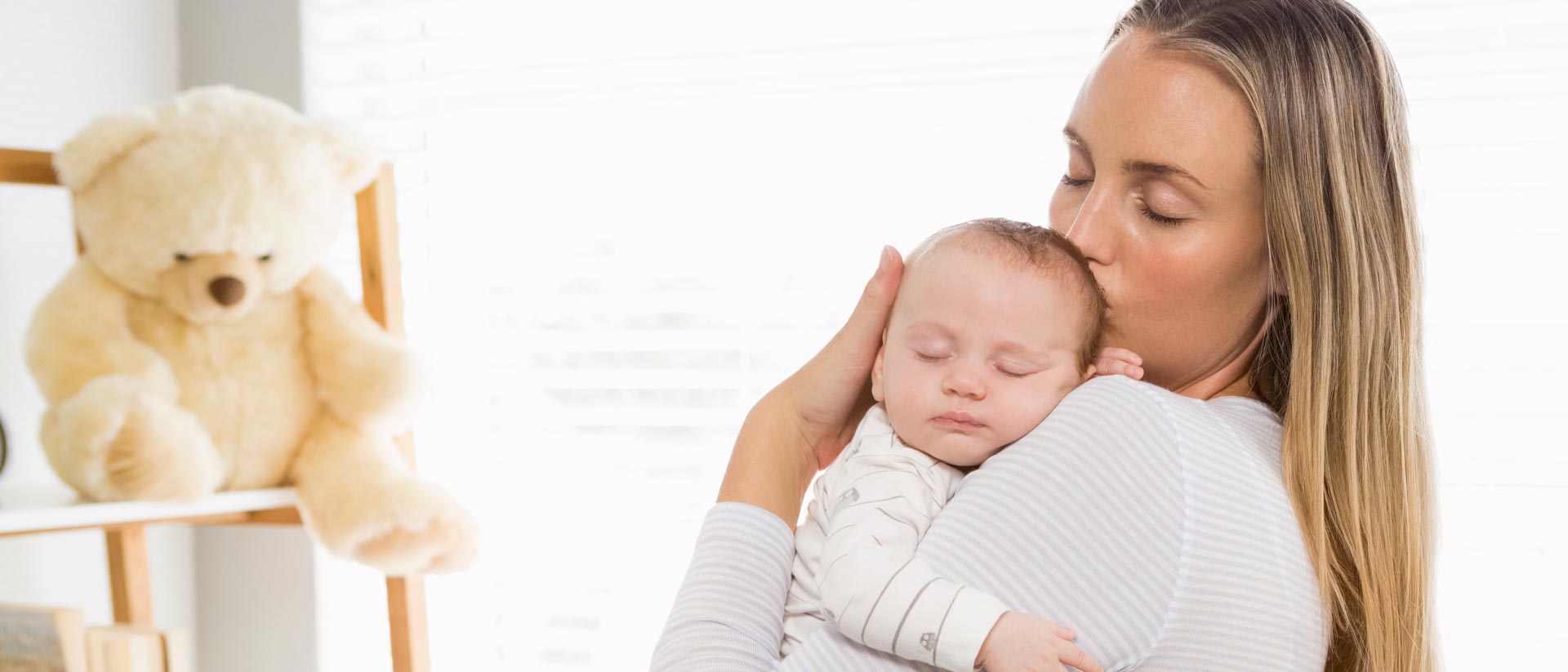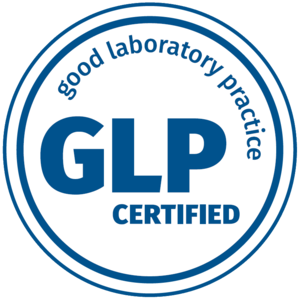Medical standards such as ISO 10993 provide internationally recognized proof of biological safety. Testing consumer products to these standards helps protect sensitive users, supports regulatory acceptance and builds consumer trust.

Independent Proof of Biological Safety
Based on the ISO 10993 series of standards (recognized by regulators in the U.S., EU and worldwide for medical-grade safety), we evaluate how textiles, coatings and consumer goods interact with the body. Our tests assess biological safety beyond chemical analysis, giving evidence of compatibility with skin, mucous membranes and the immune system.
ISO 10993 Biocompatibility Testing Services
- Cytotoxicity – checks whether materials damage living cells
- Sensitization – assesses potential to trigger allergic reactions
- Skin irritation – tested with reconstructed human epidermis (RhE) models
- Mucous membrane safety – analyzed using the HET-CAM method for oral or nasal contact
- Coatings – verifies that applied layers or finishes do not introduce biological risks
Additional ISO 10993 tests are available on request.
Frequently Asked Questions
What is biocompatibility testing?
Why test consumer products to medical standards?
Which standards apply to biocompatibility testing?
What types of products can be tested?
What does it mean if a product passes biocompatibility testing?
Biocompatibility testing evaluates how a material or product interacts with the human body. It looks at whether contact with skin, mucous membranes or the immune system could cause irritation, allergic reactions or cell damage.
The ISO 10993 series of international standards is used by regulators worldwide, including the U.S. FDA and the EU MDR, to assess biological safety for medical devices. These same methods can be applied to textiles, coatings and other consumer products.
Testing is relevant for textiles, apparel, footwear, coatings, accessories, hardlines and other consumer goods that come into direct contact with skin or mucous membranes.
A passing result shows that the product meets rigorous biological safety testing requirements. Brands may use this evidence to support regulatory submissions, reassure retailers and demonstrate safety to end users.
- Factsheet - Biocompatibility Testingpdf
- Factsheet - Cytotoxicitypdf
- Factsheet - Chemical Characterization - DIN EN ISO 10993-18pdf
- Factsheet - Sensitization/Allergen Effectpdf
- Factsheet - HET-CAM Test (Exclusion of Chemical Irritation)pdf
- Factsheet - Quality Assurance for Surgical Textiles - DIN EN 13795-1pdf
- Factsheet - Medical Compression pdf
- Order Form - Biocompatibilitypdf

